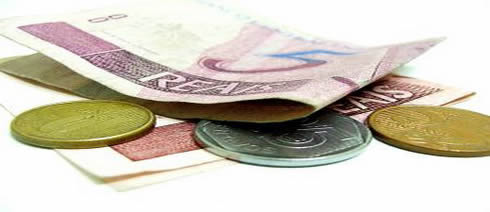Brazil to invest 300 million dollars in Mozambique infrastructure
 Maputo - Brazil has plans to invest 300 million dollars to develop infrastructure in Mozambique, where the Latin American giant is a big investor in coal and biofuels, a Mozambican newspaper reported Thursday.
Maputo - Brazil has plans to invest 300 million dollars to develop infrastructure in Mozambique, where the Latin American giant is a big investor in coal and biofuels, a Mozambican newspaper reported Thursday.
Brazil's International Trade Minister Miguel Jose reiterated his government's commitment to upgrade Nacala Airport in the northern province of Nampula and build a coal terminal in the central port city of Beira, Noticias daily reported.
Brazil has also pledged to invest in the building of a 1,000-kilometre north-south power line, linking hydro-electric, coal- and gas-fired power stations in central and northern Mozambique with the main consuming areas in the south. At present, Mozambique imports most of its power from neighbouring South Africa.
Jose, who is visiting the southern African nation with a 90-person-strong trade delegation, said the government was "just waiting for an official request by Mozambique in order to disburse the money" for the airport and coal export terminal. The airport is expected to cost around 50 million dollars.
Brazilian mining giant Vale in March began building a 1.3-billion-dollar coal project in northern Tete province, with the capacity to produce 11 million tonnes of coal per year.
Vale plans to export the coal to Brazil, Asia, the Middle East and Europe through Beira.
Another project earmarked for Brazilian support is the rehabilitation of a damn in Moamba, in the southern province of Maputo, according to Noticias.
The funds, which have already been approved by President Luis Inacio Lula da Silva's executive, will take the form of loans that Mozambique would have between 12 to 15 years to repay, Jose was quoted as saying.
Bilateral trade between the former Portuguese colonies has surged in the past year, from 28.4 million dollars in 2008 to 102.5 million dollars from January to October this year.
That figures is almost entirely made up of Brazilian exports to Mozambique. Mozambique hopes the relationship will become more balanced when it begins exporting coal next year. (dpa)